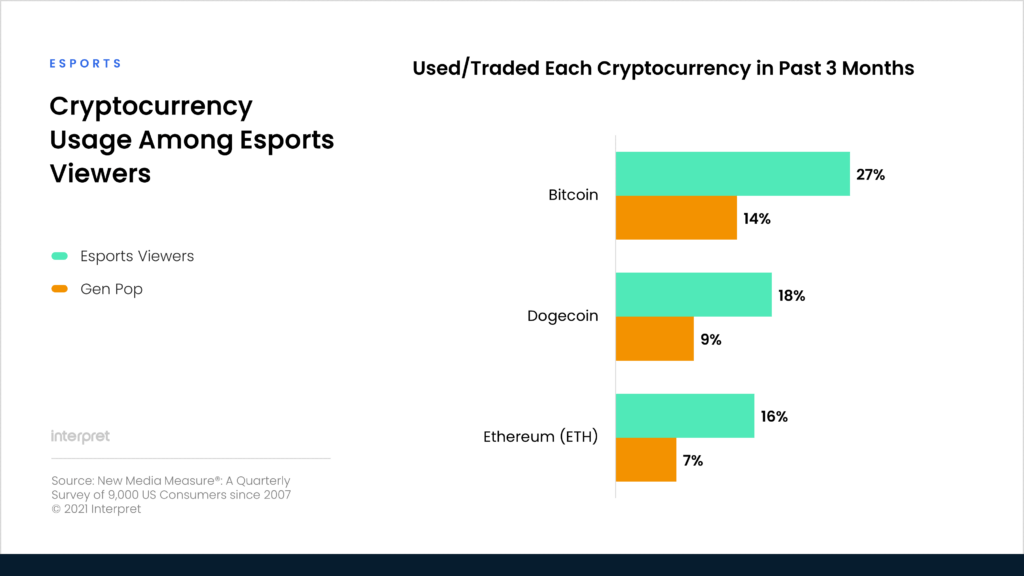Crypto partnerships have become one of the hottest trends in esports sponsorships. After the high-profile announcement of the TSM-FTX sponsorship (a 10-year deal worth $210 million), FTX’s seven-year deal with Riot’s LCS, and the easing of anti-crypto sponsor rules, other crypto firms are now striking deals with esports teams.
Fnatic, for example, recently partnered with Crypto.com in a $15 million deal. Crypto.com’s first foray into esports will see the company create Fnatic-branded NFTs, offer rewards to Fnatic fans who use the service, and promote financial literacy amongst esports viewers specifically around the crypto and NFT landscape.
Bybit is another crypto firm making moves; after previously partnering with NAVI and Alliance, Bybit entered a three-year deal with Astralis that will see the org’s players lead a yearly gamified crypto investing tournament with a prize pool of $7.5 million and multiple NFT prizes.
Coinbase, one of the few officially recognized crypto exchanges by the German government, also recently partnered with BIG in Germany to create several esports activations for the local esports community and to attract “digital natives” to the crypto exchange while educating them on both the benefits and risks of investing in cryptocurrencies.
Despite recent shutdowns of live esports events due to the delta variant, crypto firms still see a massive opportunity to advertise to esports fans and these continued investments speak to the long-term confidence crypto firms have in esports overall. The gamification of crypto investing that we’ve seen in some of these deals is designed to appeal to gamers that enjoy interactive and collectible content.
Young, tech-oriented consumers – and that includes a large portion of esports viewers – are a great fit for crypto firms to target. In fact, according to Interpret’s Esports Replay™, esports viewers use or trade cryptocurrencies far more than average consumers with Bitcoin, Dogecoin, and Ethereum usage double or more than that of the general population.







